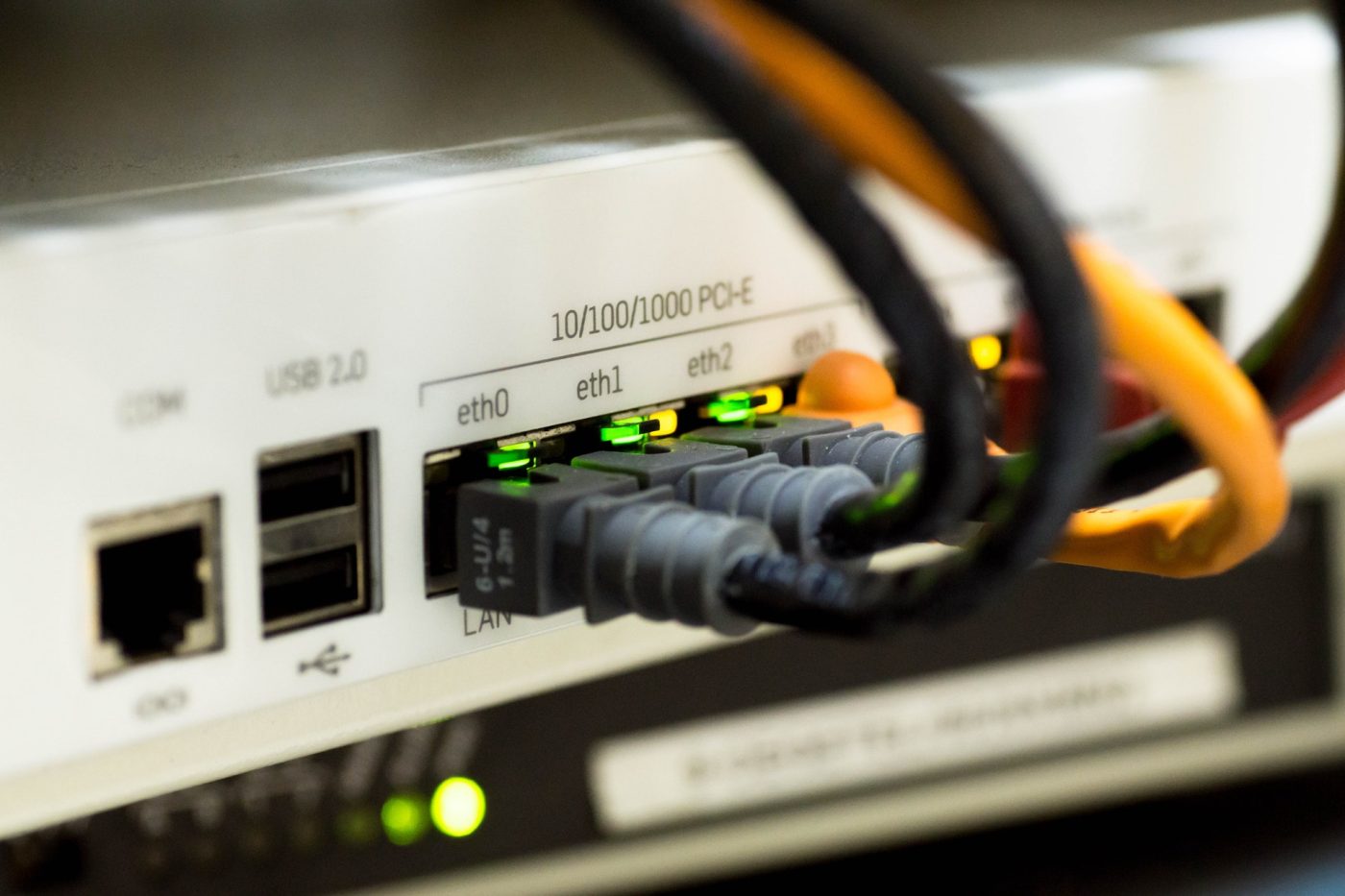Russia has adopted a law giving the authorities Chinese-style control over the internet. After November 1, regulators will be able to exert direct control on any online activity that they say threatens national security.
The natural response to this is a shrug. Russian bureaucrats already do pretty much what they want. Having an extra law on the statute books will make little difference. But the new measures will constrain foreign firms that operate in Russia. And they are a big step towards creating a “sovereign” internet, which Russia could unplug from the rest of the world. Admittedly, for that to work, the Kremlin will also need to create a Russian version of the internet’s DNS address book. It will be a couple of years before that happens.
The big question here is whether Russia is really moving towards a Chinese model of repression. This involves pervasive surveillance technology that identifies a range of individual characteristics and activities, coupled with algorithms that identify patterns that the authorities regard as suspicious. As a new report for Human Rights Watch explains, this can include for example changing your phone number or using encryption technology, as well as more obvious markers such as posting critical material on social media or meeting known opposition figures. This is fully implemented in the occupied western region of China known as Xinjiang (or East Turkestan to those who remember its pre-communist independence). Many expect the same systems to be rolled out in Tibet and elsewhere.
At first sight it is hard to imagine the Kremlin implementing a similar program. The Russian state’s administrative capacity, to put it politely, is limited. Ethnic and religious minorities are docile, or controlled through local satraps as in Chechnya. The Russian regime allows a degree of plurality in politics and the media that would be intolerable to the Chinese Communist Party.
But the costs and difficulties of these surveillance systems are diminishing. Once China has done the hard work, Russia and other countries will be able to adopt them more cheaply and easily. China would welcome the chance to capture even more data about foreigners, so Beijing might well decide that sharing the technology is in its own interest.
That could constrain opposition activity in big cities. It would help the regime forestall regional and blue-collar dissent (a bigger worry than the middle-class protests of recent years). It would help keep track of foreign spies, real and imagined.
A wider issue is what else Russia could copy from China. Clearly it cannot afford to splurge money on advanced weapons to the same degree. Nor can the Kremlin afford to spend billions of dollars on murky infrastructure projects – a favorite Chinese method of establishing bridgeheads of economic, political, and diplomatic influence.
But Russia might look at the way in which China uses its diaspora. The Chinese intelligence services are expert in using ethnic Chinese citizens of other countries as assets. American and other spycatchers are talking increasingly loudly about their worries on this front. Russia’s intelligence services do the same, but chiefly in the former Soviet empire. They could copy the Chinese lead and exploit the diaspora in other countries too.
Intelligence is only part of the picture. China also uses its diaspora as a political weapon – the source of organized protests on issues such as Tibet and Taiwan, for example. China threatens universities that offend it on these and other issues by saying that Chinese students, a lucrative source of fee income, will go elsewhere. A strategic alliance between Russia and China is unlikely. But even an exchange of tactics would be alarming.
Europe’s Edge is CEPA’s online journal covering critical topics on the foreign policy docket across Europe and North America. All opinions are those of the author and do not necessarily represent the position or views of the institutions they represent or the Center for European Policy Analysis.





